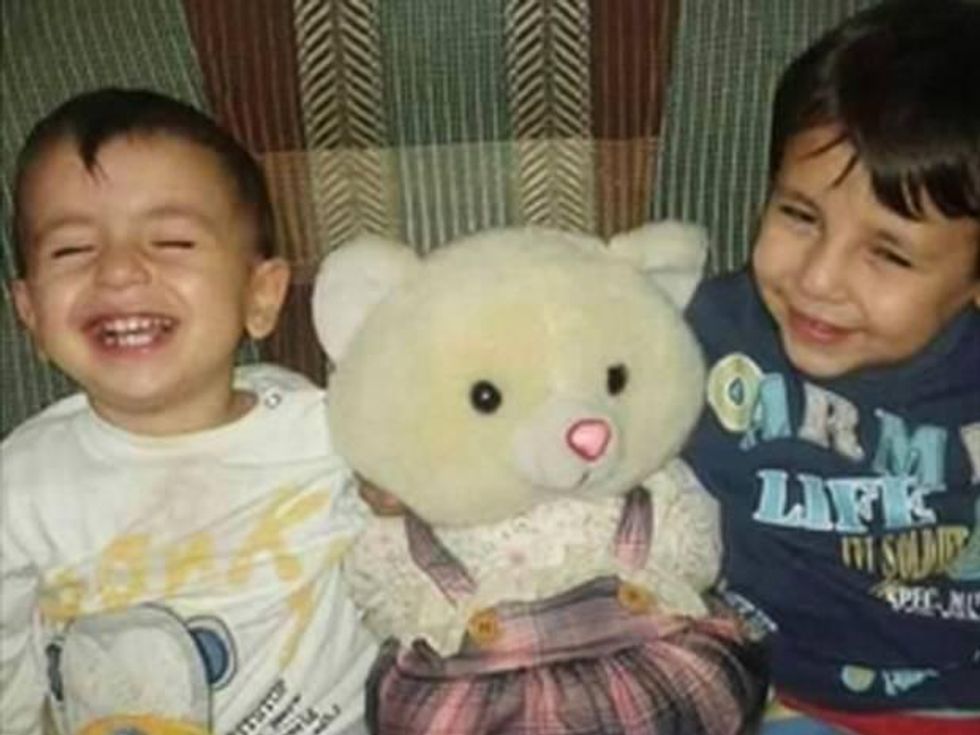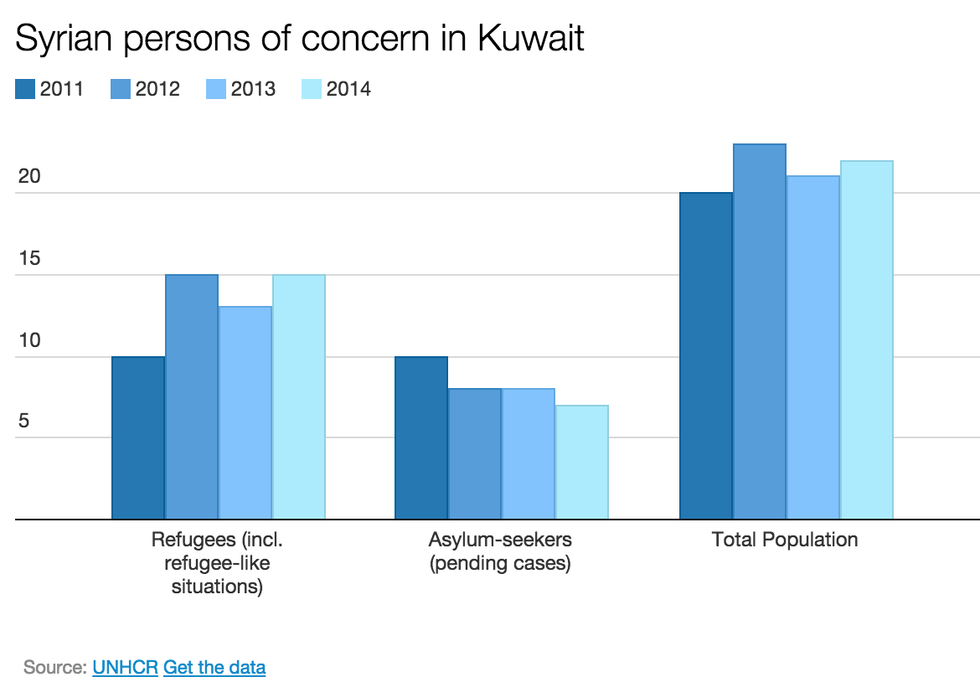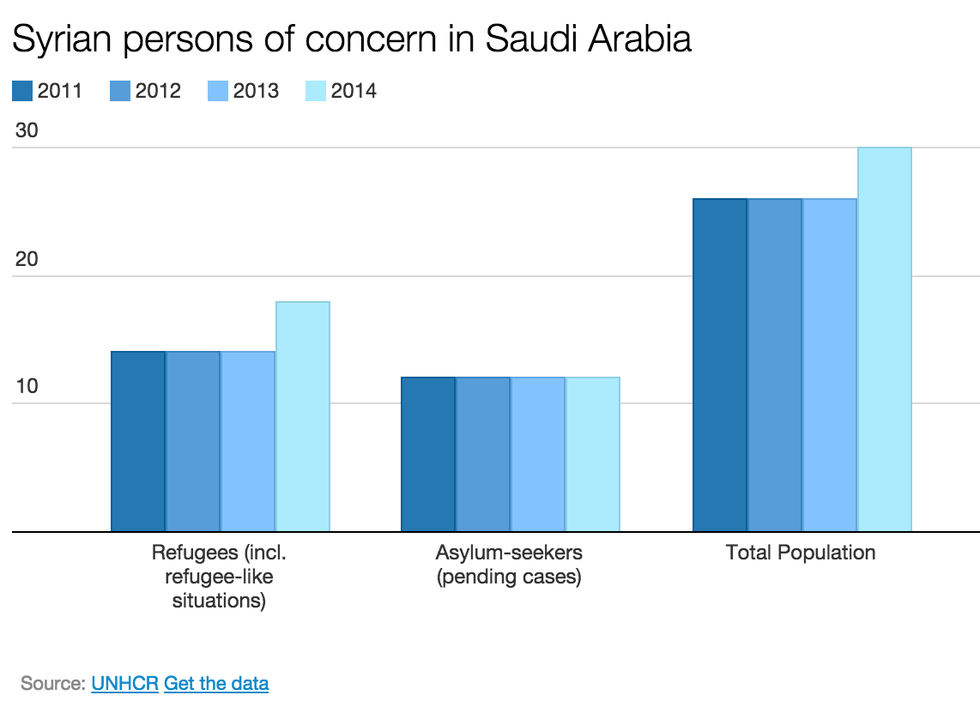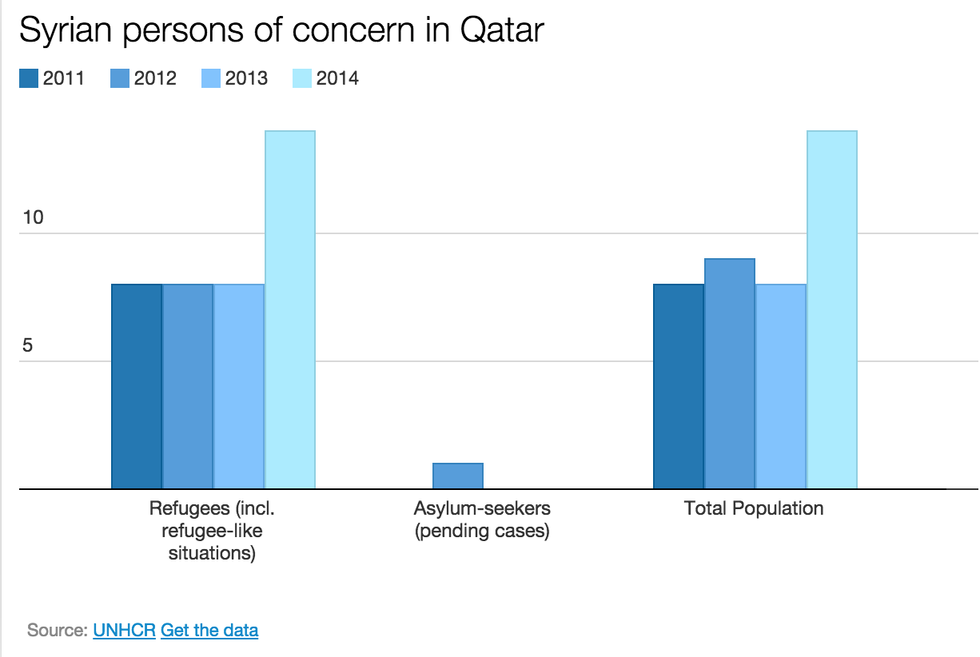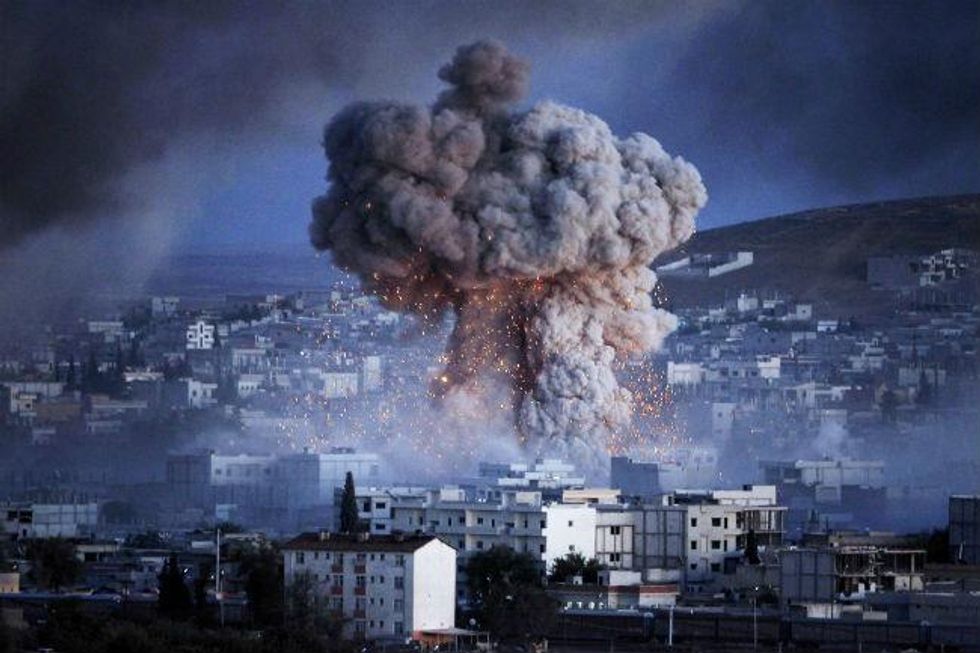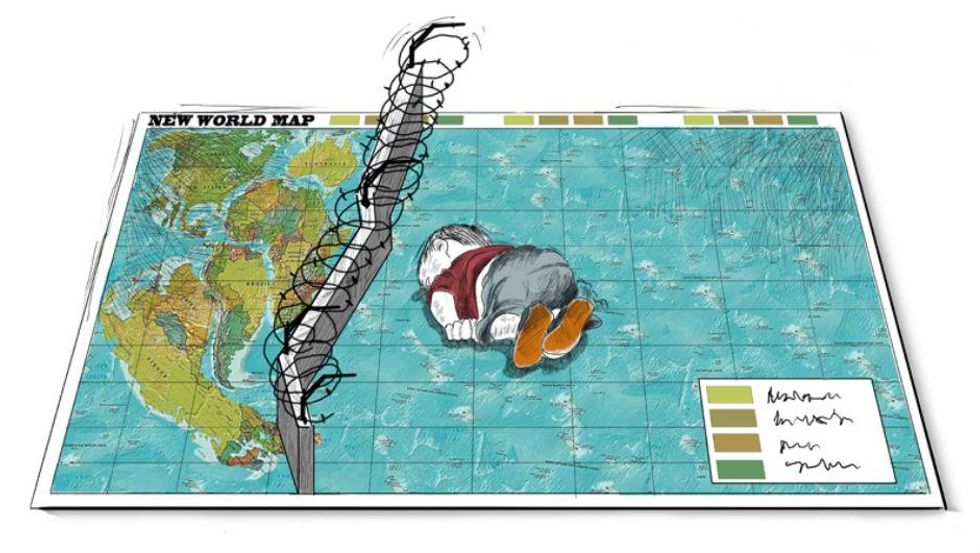News
Matthew Champion
Sep 04, 2015
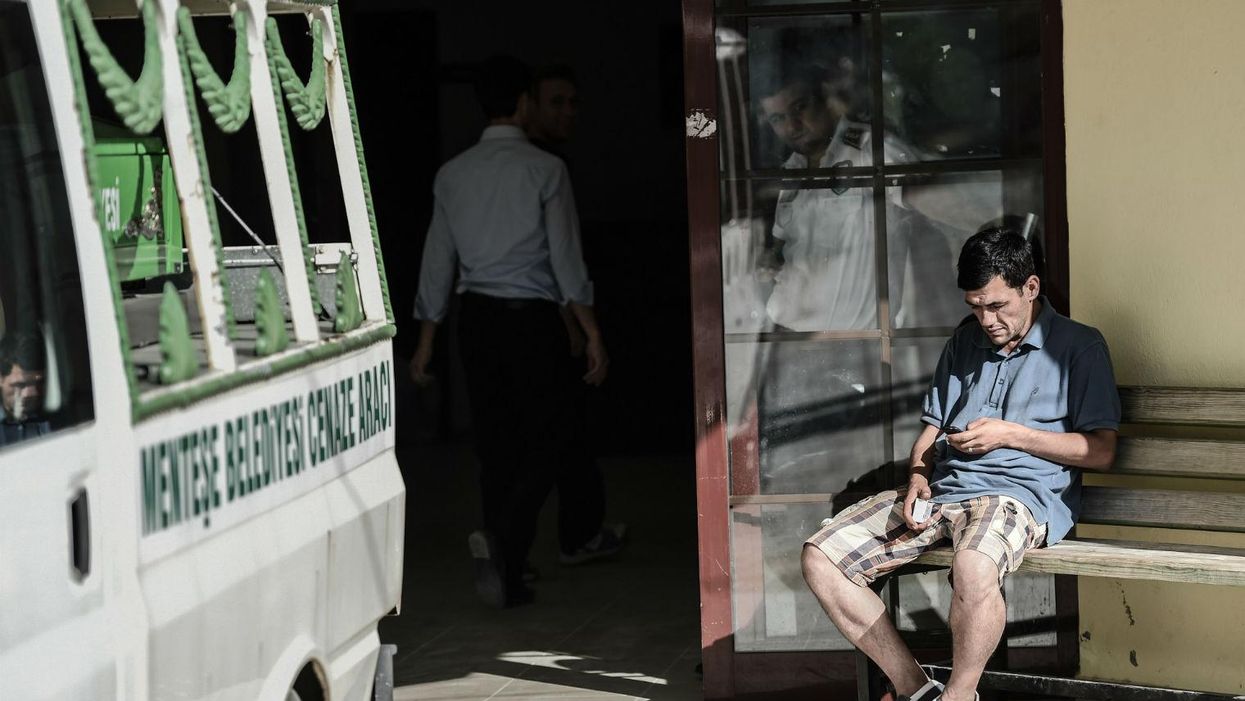
Aylan's father Abdullah al-Kurdi waits outside a morgue in Turkey for his son's bodies
This was the week when the world woke up to the refugee crisis unfurling in the Middle East and Europe.
The fact that it took a devastating photo of three-year-old Syrian Aylan al-Kurdi face down in the surf on a Turkish beach for the UK media, among others, to finally get a conscience is heartbreaking in itself.
We wrote an open letter to anyone who ever doubted the extent of the refugee crisis in response to the photos being published, and it, along with the photos themselves, was widely shared. But we found time and time again that people wanted to know why Aylan’s family had sought to make the dangerous journey from Turkey to Greece, or even wanted to travel to Europe in the first place.
It’s worth bearing in mind that the vast majority of Syrian refugees have claimed asylum in neighbouring countries, and that an even higher number have remained in the country despite fleeing their homes. The number of refugees heading to Europe is smaller, in the several hundreds of thousands.
The above graphic is from IlmFeed , a UK-based Islamic website. The figures are slightly off - Turkey has 1.9m registered refugees, Lebanon 1.1m, Jordan 629,000, Iraq 249,000 and Egypt 133,000. Saudi Arabia, Qatar, UAE and Kuwait have taken some refugees, but the numbers are minimal.
While these countries should be doing more, should we only judge Europe’s response to this crisis based on the actions of others?
Robert Fisk, The Independent’s Middle East correspondent, wrote this today:
Europe and the West - what was once called Christendom - are supposed to be the bad guys in the Middle East. It is we who bomb, corrupt and invade the Muslims of the Middle East. It is we who support the vicious dictators of the Middle East (unless they are disobedient to our wishes). It is we who suck out the fossil treasures of the Middle East, its oil and its natural gas. We are, are we not, the infidels? And true, Syria's refugees, in their millions, have settled into the squalor of camps on the edges of Lebanon, Turkey and Jordan. But the hundreds of thousands of poor and huddled masses who wish to flee further from their tormentors are not sailing in leaking boats to where you might expect them to go - to the "ummah", to Islam's beating heart, to the land where the Prophet lived and where he received the word of God. No, the destitute of the Middle East are not heading for Saudi Arabia, the wealthy kingdoms of the Gulf, to pray for help from the builders of great mosques and the Keepers of Holy Places.
It's not because they think we're a soft touch. It's not because they want to scrounge on our generosity. I suspect it's because they know enough about Europe and our history and about us - not our tin-pot politicians - to know that we are good people, that we are kind people. I think they know that, deep beneath our carapace of cynicism and materialism and our lack of religious faith, the idea of humanism is alive in Europe and that we can be decent, good, thoughtful, honest people.
Patrick Cockburn, also writing in The Independent, notes that Aylan and his family fled Kobane, in north-east Syria, the Kurdish enclave that has all-but been destroyed after a four-and-a-half month siege by Isis:
It was one of the greatest victories in Kurdish history, but a pyrrhic one that saw 300,000 Syrian Kurds flee into Turkey from Kobani, a city just south of the Turkish border, and from the 250 villages surrounding it.
He adds:
Any potential winner of the civil war in Syria may swiftly move to extinguish Kurdish independence. In the face of these dangers, it is no wonder that Syrian Kurds will take any risk to escape to Europe or anywhere else where they might find safety.
If this was what had happened to your home, would you not want to seek a new life as far away from it as possible?
More: An open letter to anyone who ever talked down the refugee crisis
Top 100
The Conversation (0)
